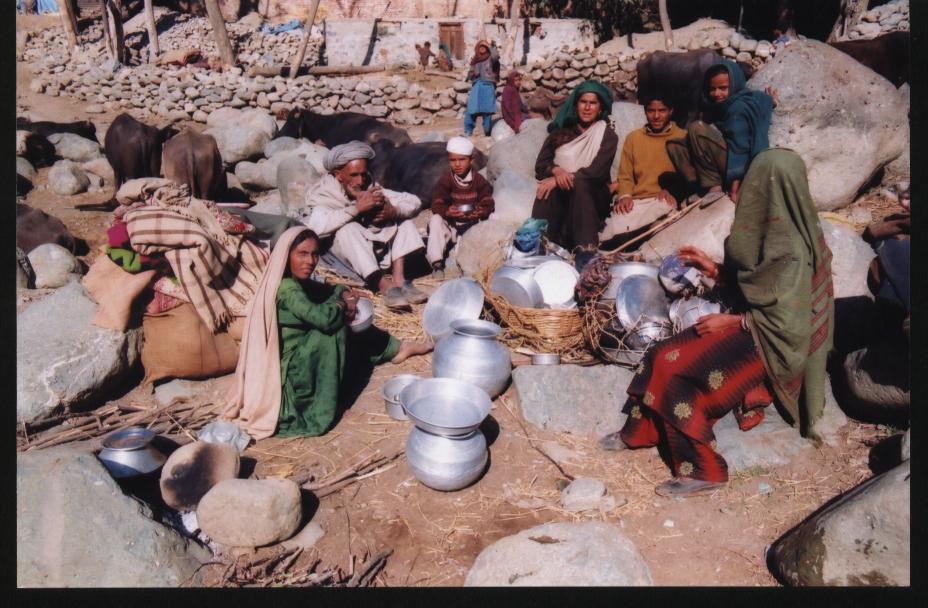
An Insight Into Discrimination Against Gujjars And Bakerwals Of Jammu & Kashmir
22 July 2016 6:52 AM GMT
Editor : Quleen Kaur Bijral Bijral
Columnist, The Logical Indian
“Tribal world is like a continent handed over to us, and we never tried to explore it, know is mysteries, we only destroyed it”. – Mahasweta Devi
In the first and second part of this article, many questions were raised and relevant info was given as to who are the Fourth World of Jammu and Kashmir w.r.t Gujjars and Bakerwals. It was ascertained that these nomadic tribes are still reeling under poverty, devoid of health services, education, and other basic amenities. It was also observed how their culture is under threat, and how their livelihood has been severely affected by militancy and other factors.
 In this bleakness, there was nevertheless a silver lining, that many Gujjars have been able to clinch significant careers and positions by sheer dint of hard work. While most have remained backward either because they refuse to abolish their orthodox customs like child marriage or have been fleeced by those at the helm.
In this bleakness, there was nevertheless a silver lining, that many Gujjars have been able to clinch significant careers and positions by sheer dint of hard work. While most have remained backward either because they refuse to abolish their orthodox customs like child marriage or have been fleeced by those at the helm.
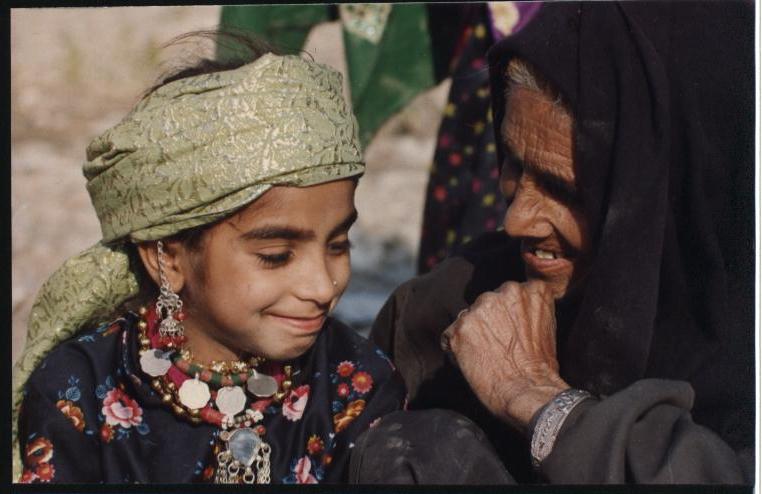 The question now arises, what can be done. There is no definitive answer. The only solution is to mould a plan in accordance to the tribe in question. Generally, a plan or a policy is made without taking into consideration as to what the tribes want. First, let the tribal speak or as Gayatri Spivak, once asserted “Can the Subaltern Speak?” (where subaltern means the underprivileged). Secondly, listen to what he/she is saying. Then design the policy by taking their demands into consideration.
The question now arises, what can be done. There is no definitive answer. The only solution is to mould a plan in accordance to the tribe in question. Generally, a plan or a policy is made without taking into consideration as to what the tribes want. First, let the tribal speak or as Gayatri Spivak, once asserted “Can the Subaltern Speak?” (where subaltern means the underprivileged). Secondly, listen to what he/she is saying. Then design the policy by taking their demands into consideration.

In order to understand this issue, this article focuses on the interview of Gulam Mohd. Choudhary, who is an Assistant Professor (Sociology), Dept of Higher Education, Govt of India. In his MPhil dissertation he has traced the socio-economic and political identities of Gujjars of J&K. The argument being if Kashmir has Kashmiriyat, then what about Gujjars. Is their identity inclusive in that Kashmiriyat? What is their identity? What Gujjars stand for? While, in his thesis, he has traced the migratory lifestyle of the Gujjars from nomadism to sedentarism, and how the process of sedentarism cannot be stopped.
In the interview, the target is to find out what is wrong, and how to and how to correct it or at least take step towards a right direction.
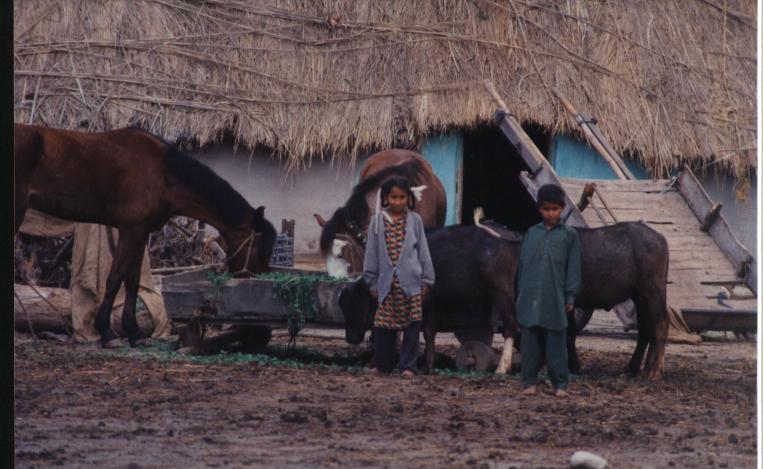
The tribal nomads, well most of them do not want to assimilate with the society by abandoning their ways. Can it not happen, that they continue their cultural ways without getting discriminated because of their ethnicity? I wish to know why inclusion or assimilation of community into the mainstream always implies extinction of the native identity.
It will be a better place, an ideal state if assimilation also allowed the tribal to continue his ways without getting discriminated at. I have faced discrimination when people know who I am, a Gujjar. I have assimilated into the mainstream but also continue to remain true to my identity. Why should I be ashamed? It is not assimilation we fear but what it implies, like you said – it means that we are supposed to abandon our ways or else we will be discriminated against. Besides, I also do not favour that one should stay stuck in the old times, rather one must move ahead. Like most of the Gujjars are. They wear traditional outfits, sing their oral songs, and are still at the top positions of their careers. We have to assimilate to better ourselves – make use of education, health services etc. I do not approve of isolation or compartmentalisation.

Then, how to ensure assimilation of the nomadic tribes is done the right way?
In my opinion, detailed and rigorous cultural anthropological exercise and survey should be done, and the results should be included in the govt. policies. Know us, and then govern. Listen to what the Gujjars have to say, and then act upon it. It all boils down to individual choice.
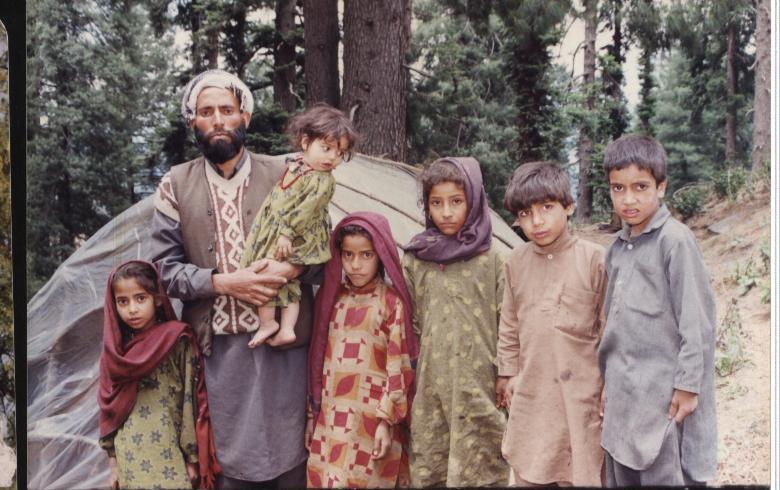
Can you tell us the reasons of discrimination? Why are the Gujjars made a scapegoat?
We are misunderstood a lot. Perhaps that we mind our own work, and do not follow the shrewd politics of the times that Gujjars are prone to get manipulated. And when people see the nomadic tribes going about their rustic ways, they assume we are inferior, dense and stupid.
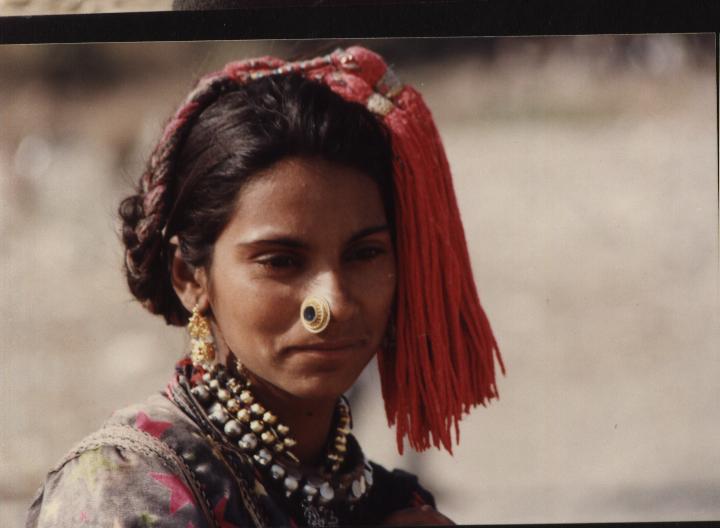
Are Gujjars conscious about the way people look at them? And if they are, then why they do not take a step?
Yes, it is all a matter of the consciousness of the community. Are they aware, are they being exploited? Do the Gujjars want to do something about it? What about its leaders? Do Gujjars have a leader?
They are divided amongst themselves. Poonchi Gujjars, Rajouri Gujjars, Jammu Gujjars – they are all divided. No common cause, and there is no leader who can champion their common cause. Nothing at the collective level. No such thing. Even the govt is divided when it comes to the Gujjars be it NC, PDP, and Congress – they all have their own vested interests.
All this leads to exclusion of Gujjars.

What about the current scenario? Is the change happening?
Consciousness is rising. Gujjar intellectuals are paving the way to help rehabilitate the tribal society and community effort is also been emphasised. Demanding govt. to do everything will not help any of us. We have to help ourselves, to seek help. This consciousness is evolving.
You are a founding member of Gujjar and Bakerwal Student Association. What is its goal?
Yes, this association was initiated to coach and assist the Gujjar students during admission to good universities. Our key concerns are educational awareness, and sensitization of political issues, and social issues as well. Once the students know what challenges they face, and once they are equipped to face them, the community consciousness will certainly evolve.
Would you like to give a message to the readers of The Logical Indian?
Work that The Logical Indian is doing will help in breaking the stereotypes that mainstream media creates about us, and the masses will come to know who we, in reality, are. It is veritably a significant contribution to the rehabilitation of our community. After all, knowledge is what can either make us or destroy us, and when people will know the truth, they will also attack the scandals, lies and misrepresentation we are portrayed in. Thanks to your sincere efforts. Best wishes to you.
So, in the series, we have come to know of a community which during British times was branded as criminal and today is known as Denotified Tribe. The article does not assert that we know all the answers. We cannot really have all the answers. It is upto all of us to collectively think and brainstorm the answers.
From the USA, to Canada, to Australia, and then India, tribals all over the world face an imminent extinction, but before that they face hard times which take a toll on their families and livelihood.
First we need to know them. Second, we need to hear them. And then, ensure the tribes are not criminalised, scandalised, scapegoated, and discriminated in the public for being different than us. Once that is done, the policy makers and planning commissions can realize tribals are people too. Human right violations against the aboriginals which President Obama called an assault on national consciousness and which was further condemned by former Prime Minister Manmohan Singh as a systematic failure, shows it is an emergency that needs immediate rectification.
We need to ask.
Can the tribals speak? Let them speak
Are you listening? Listen
Are the policies inclusive of what the tribal has said? Make it inclusive. The solution is not clear-cut like this but at least it will raise questions, and urge answers that might in the future result in constructive steps, plans and policies. Let’s ask the right questions, and hear the tribal speak.
To know more about them, read the first article here: The Fourth World Of Jammu And Kashmir: Gujjars And Bakerwals and second article here: Nature Man of Jammu & Kashmir: K.K. Gandhi’s Art Delve In The Lives of Gujjars & Bakerwals
 All section
All section













